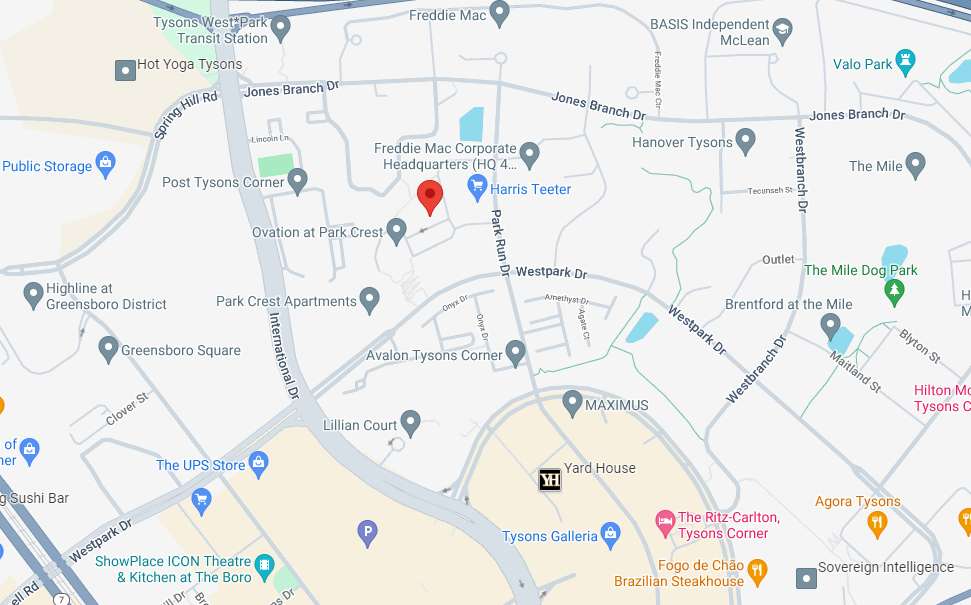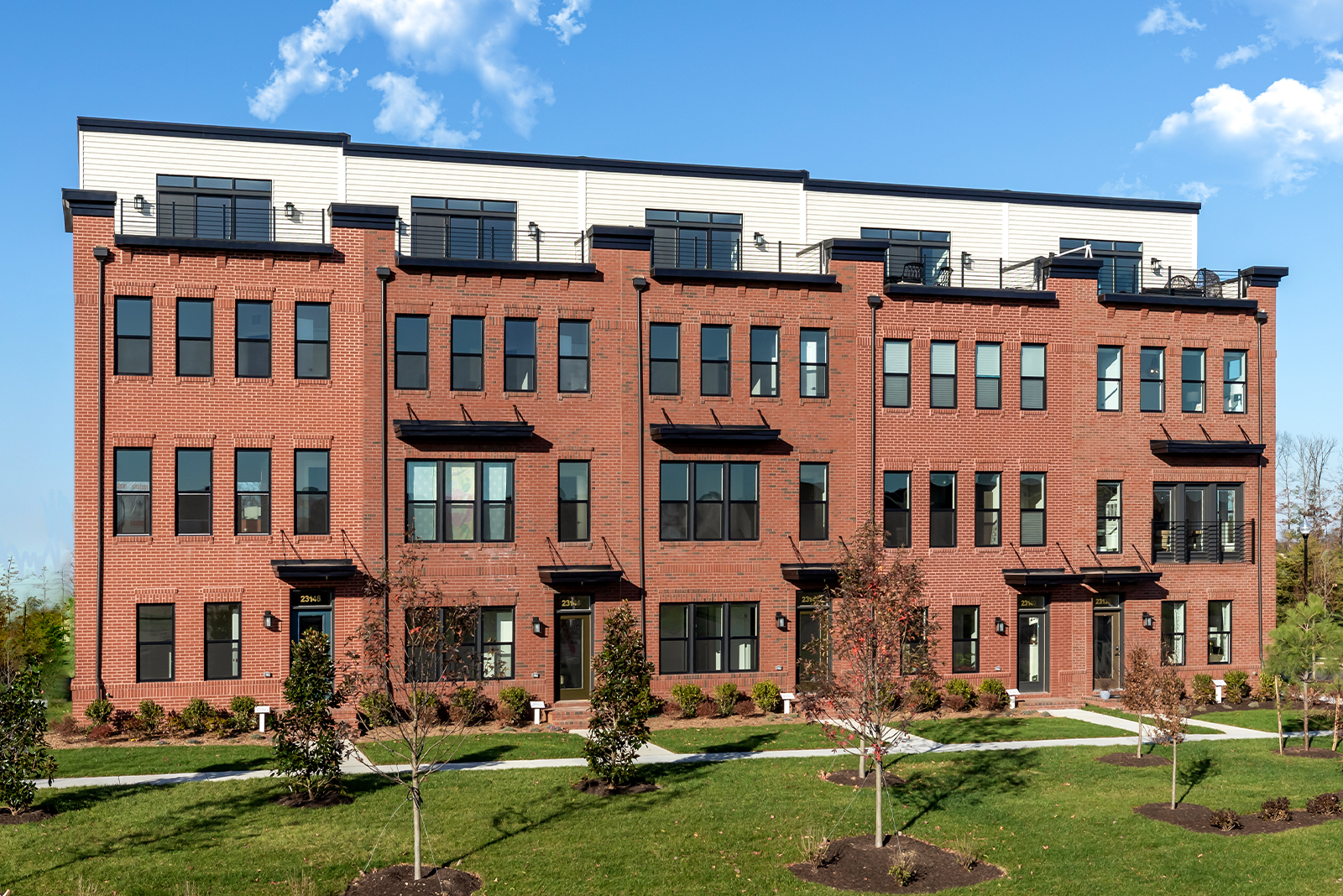
Fairfax County has committed to becoming carbon-neutral by 2050, and now, it has a plan to achieve that goal.
The Fairfax County Board of Supervisors accepted the county’s first-ever Community-wide Energy and Climate Action Plan (CECAP) when it met on Tuesday (Sept. 14).
First proposed by the board’s Environmental Quality Advisory Council in 2018, the plan features an inventory of the county’s greenhouse gas emissions and recommendations for how to curb them so the community can realize its aspirations of carbon neutrality.
“Together, the strategies and actions are intended to power individuals and organizations within the community, to engage in, lead, and champion the emissions reduction needed to achieve county-wide carbon neutrality,” Mount Vernon District Supervisor Dan Storck said, reading from the board matter he issued. “Climate change is a major existential crisis already causing major impacts in Fairfax County.”
The final report calls on both the county and its citizens to take far-reaching, significant actions.
Proposals include cutting the use of fossil fuel-burning cars, installing solar panels at home, creating more through recycling and composting programs, adopting more stringent green-building policies, and being a “conscious consumer.”
Storck’s motion passed 9-0, with Springfield District Supervisor Pat Herrity not present during the vote.
A few moments before the vote, Herrity said he was going to abstain due to concerns over timing, lack of proper community engagement, and cost, particularly in light of the ongoing COVID-19 pandemic.
“The economic outlook over the next few years is uncertain,” Herrity said. “Our decisions don’t operate in a vacuum. This plan will have planned and unintended impacts on the economy and taxpayers. Beyond what I’m imagining will be a very steep cost to implement this plan, it will also have a very serious impact on the affordability of homes, increasing the actual cost as well as permitting and regulatory costs.”
The rest of the board countered that the county can’t afford to wait any longer to address the already-existing threat of climate change.
“The cost of doing nothing is significant, if not life-threatening,” Board of Supervisors Chairman Jeff McKay said. “And I think most responsible people who are paying attention to the subject and the science…most certainly get that.”
Storck, who helped spearhead the CECAP as chair of the board’s environmental committee, reiterated that county operations and schools only account for about 5% of Fairfax County’s carbon emissions. The remaining 95% of emissions come from the private sector and the general community.
As noted in a presentation that Storck delivered, transportation and commercial and residential energy consumption are the two largest sources of greenhouse emissions. Combined, those areas produce more than 90% of all emissions in the county.
As a result, while the county will have a leadership role, this new plan is about asking the community to take the necessary steps to curb emissions, Storck said.
“There will be no area, sector, or part of our society that won’t be impacted [by the reduction goals in this plan],” he said. “How much? That’s largely a function of how aggressively we move forward.”
As the county worked to finalize the CECAP over the summer, the United Nations released a sobering report last month that said, even if future emissions are lowered, global temperatures will continue to rise until at least the middle of the 21st century, leading to more extreme weather and other worsening climate issues.
County staff told the board’s environmental committee in July that the CECAP’s implementation was already underway, a process that includes community outreach, public education, and an exhaustive review of existing county policies to see how they line up with the now-accepted plan.
Additional plans related to the initiative’s implementation, such as how the county can build on existing programs, will be presented to the board at an environmental committee meeting in early 2022.
Photo via Sandra Parra/Unsplash





